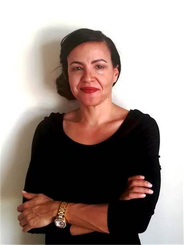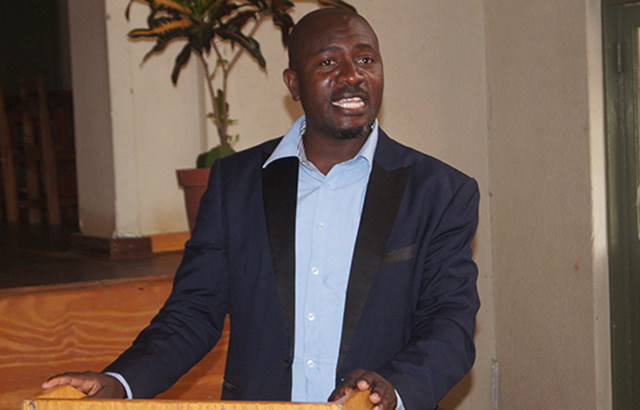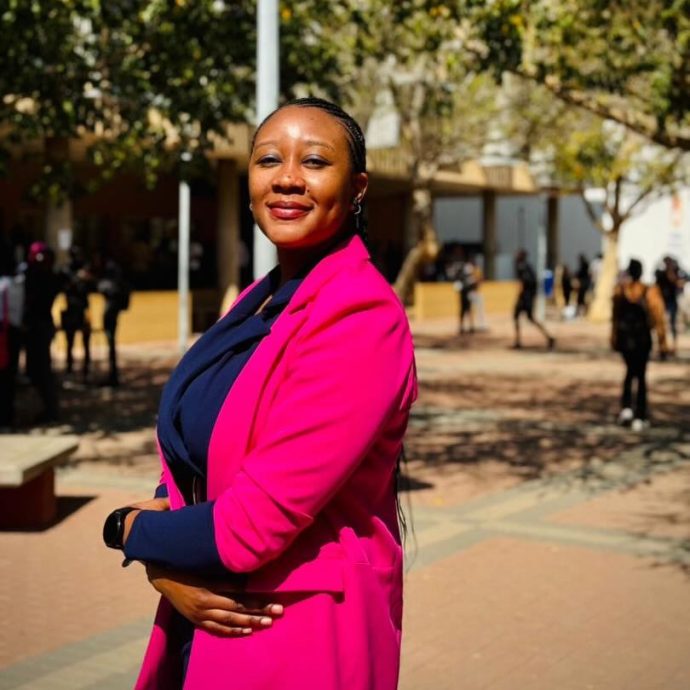How can Africa develop and own AI technologies tailored to its unique context?
February 4, 2025
Namibia, like the rest of the world, has been swept up by the tidal wave of generative artificial intelligence (AI)—a transformative force powered by immense computational capabilities.
From creating music videos and diagnosing cancer to writing academic papers and predicting weather patterns with remarkable precision, AI is pushing the boundaries of what was once unimaginable.
However, the recent emergence of Chinese-owned Deepseek Chatbot and Alibaba’s Qwen 2.5, challenging the dominance of ChatGPT and Gemini, has demonstrated that these technologies can be developed more affordably.
Yet, beneath these breakthroughs lie pressing concerns—biases embedded in generative AI, the overwhelming reliance on eurocentric data sources, and Africa’s absence from the frontlines of AI innovation.
So, how can Africa develop and own AI technologies tailored to its unique context? And how should users navigate biases and censorship, particularly in AI models originating from China?
To unpack these issues, we were joined by Douglas Mashonganyika, a fourth-year University of Namibia (UNAM) student who has developed an AI program capable of detecting brain tumors



